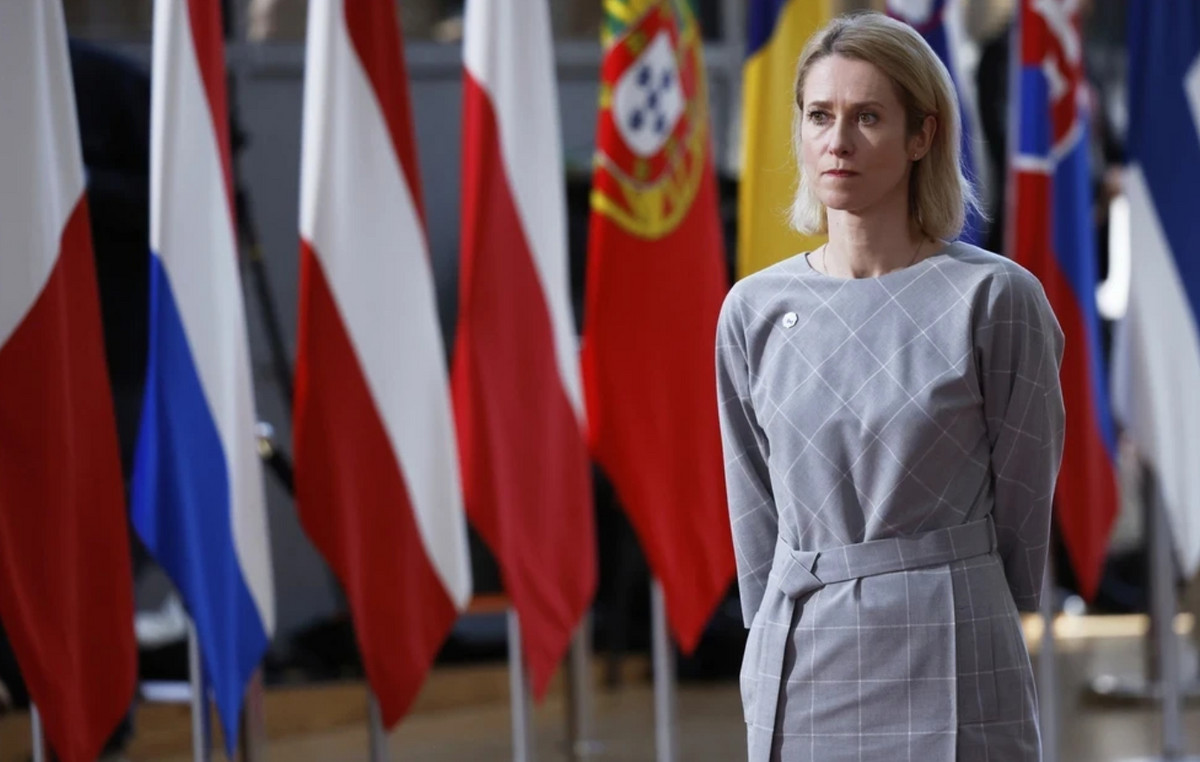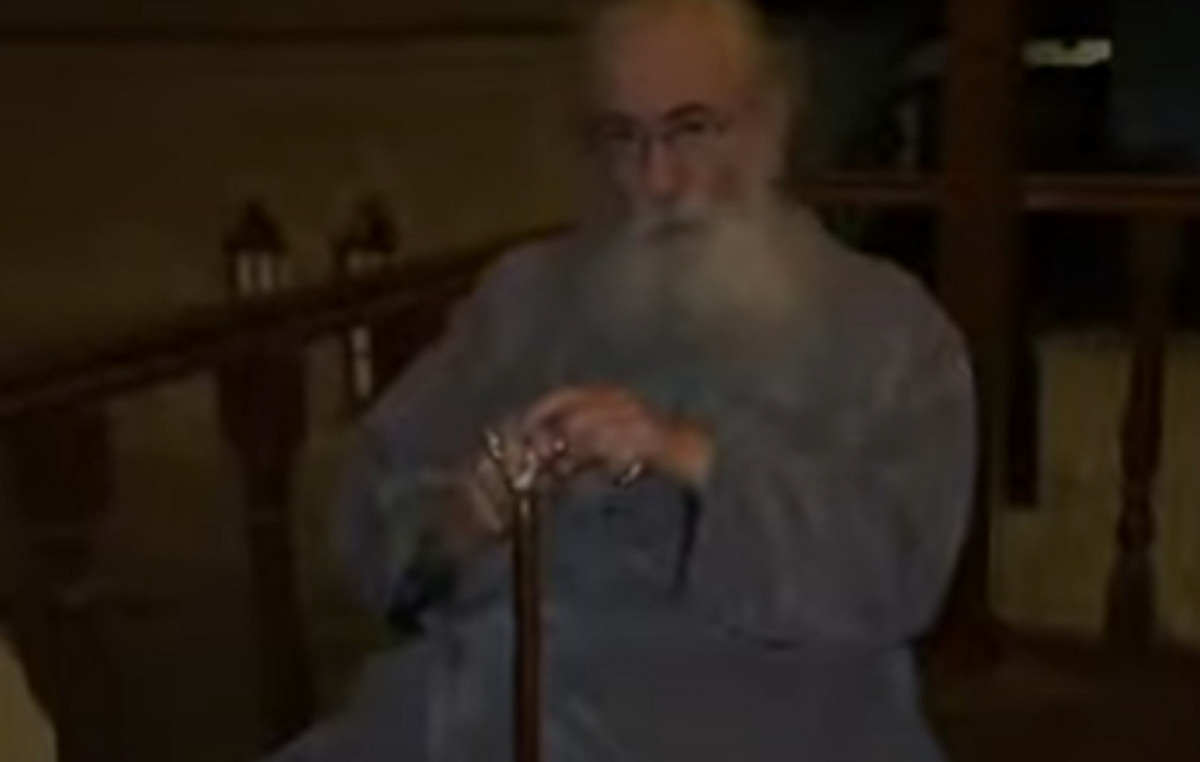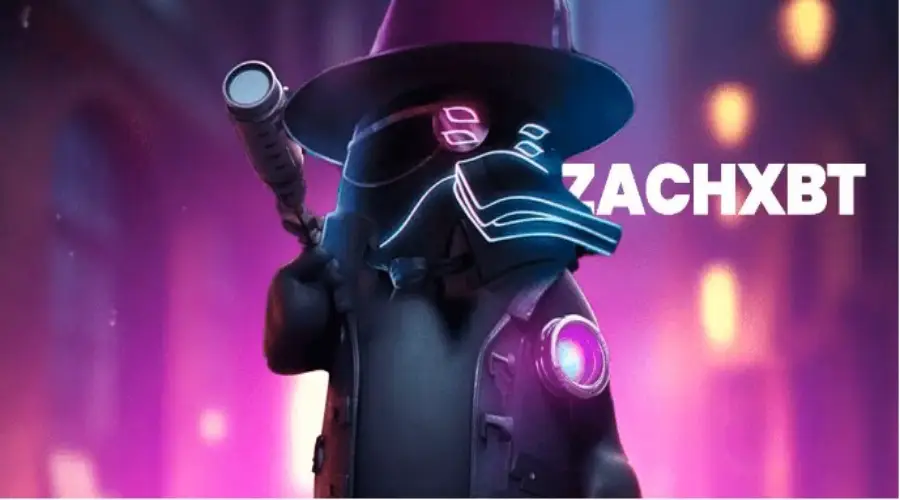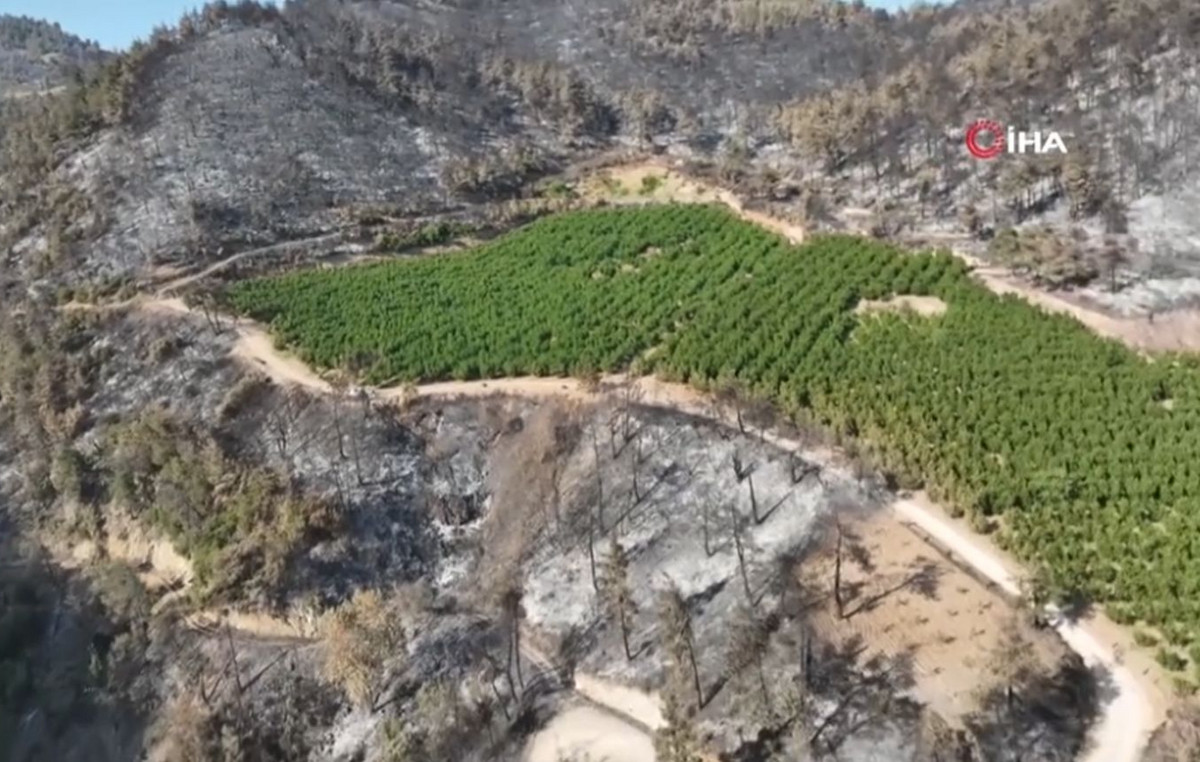The government of Javier Milei presented, this Friday, the Juvenile Criminal Law project, which reduces the age of criminal responsibility in Argentina to 13 years. Currently, the age of criminal responsibility in the country is 16 years.
According to the country’s Security Minister, Patricia Bullrich, and the Justice Minister, Mariano Cúneo Libarona, who presented the initiative during a press conference, the Juvenile Penal Law is part of a reform by the current Argentine government to combat crimes committed by minors.
“It is impossible to combat criminals without laws that protect federal security forces and the justice system in protecting good Argentines. That is why, by decision of President Milei, joint teams from the Ministry of Security and the Ministry of Justice worked on drafting the Bill to Reduce the Age of Imputability, with the aim of ending impunity, stopping the revolving door and responding to the demands of the population,” they explained.
Called the “Juvenile Penal Regime,” the text determines the age of criminal responsibility and establishes punitive measures according to the crime committed. According to the new bill, sentences can reach 20 years in prison.
Main points of the Juvenile Penal Regime
- Teenagers from 13 to 18 years old.
- The rights and guarantees recognized in the National Constitution and international instruments will be recognized.
- Juvenile offenders will be held in special establishments or separate sections of penitentiary establishments, under the direction of qualified personnel.
According to Clarín, Bullrich said that “once incorporated into the Penal Code, each district will adapt it to its procedural codes; they will have to decide what type of detention facilities they will use for minors.” The Security Minister explained that not all provinces are in the same situation and, therefore, they must decide where minors who commit crimes will be housed.
“There are provinces that only have two juvenile offenders, so you can’t create a large structure, while others have more,” he said.
- Parents will be notified about the imputation and other procedural acts.
- The Judge and the Public Prosecutor’s Office will continuously monitor the effective protection of victims’ rights. According to the Regime, they will receive free psychological care and legal assistance.
- In the case of the application of a conditional sentence, additional measures must be implemented, such as counseling, guidance, participation in educational programs, citizenship training, professional training, medical or psychological assistance, the obligation to seek and, if possible, obtain employment, attendance at court , prohibition of alcohol and drug consumption.
Penalties that are part of the Juvenile Penal Regime
- Sentences of 3 to 6 years: if there is no death of the victim, serious physical or psychological violence against people, serious injuries in culpable crimes or other processes or convictions, the sentence can be replaced by: warning, prohibition of approaching the victim or their family members , prohibition of driving vehicles, prohibition of visiting certain places, prohibition of leaving the country or a territorial area, provision of services to the community, electronic monitoring.
- For crimes with a sentence of less than six (6) years, a criminal mediation process may be initiated with the victim or their representatives.
- Maximum sentence: 20 years. Upon serving 2/3 of the sentence, the court may decide to continue with alternative measures.
- Compliance with the sentences will be verified by the judge or the prosecutor. The victim may also verify, if they wish.
- In case of unjustified non-compliance with an alternative sentence, the judge will replace it with a more severe one.
- Under the conditions established for all cases, for sentences not exceeding three (3) years, the juvenile offender may be granted conditional release. If the conditions are not met, the judge will continue the proceedings without counting the elapsed time.
Other points of the Juvenile Penal Regime
- In cases involving non-accountable minors (for example, minors under 13 years of age), the judge will investigate the existence and circumstances of the unlawful act and the alleged involvement of third parties. In these cases, the judge will carry out a psychological assessment, an environmental report and involve other bodies. In the event of a risk of reoffending, the judge may order internment for social rehabilitation.
- The judge will assign a supervisor to monitor the minor, who will have regular interviews with the accused teenager, prepare reports and help resolve health problems.
- Unjustified delay in the process will be considered a serious misconduct by the judge.
- The prosecutor may waive the criminal action in whole or in part if the crime carries a sentence of less than six (6) years and there are no other circumstances such as the death of the victim, serious injuries, other proceedings, etc.
Source: CNN Brasil
Bruce Belcher is a seasoned author with over 5 years of experience in world news. He writes for online news websites and provides in-depth analysis on the world stock market. Bruce is known for his insightful perspectives and commitment to keeping the public informed.







